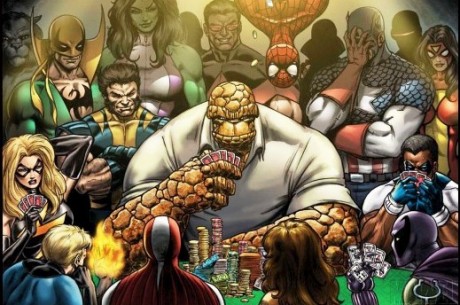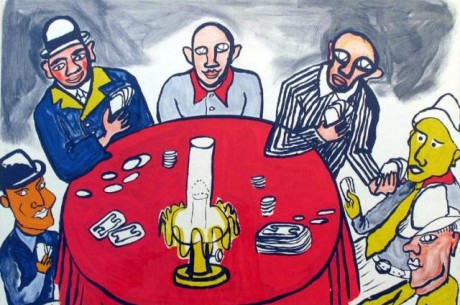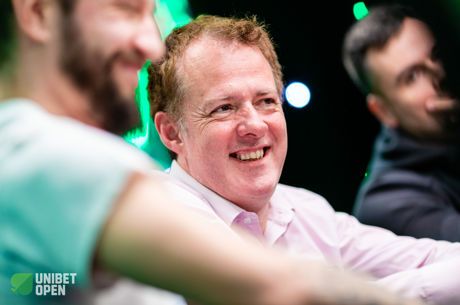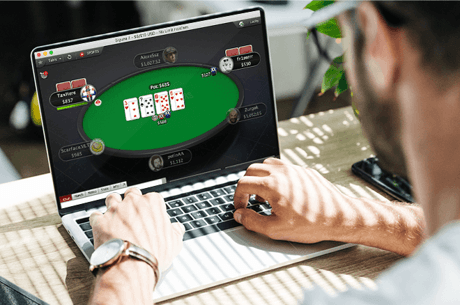Pro Blogs: Counting Every Moment by Alec Torelli
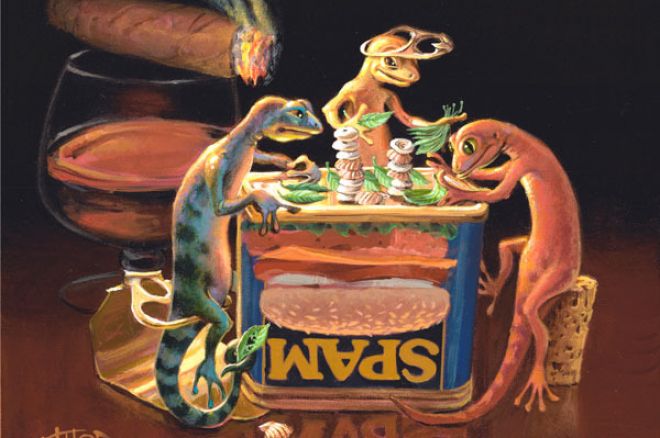
Alec Torelli's latest blog focuses on holding yourself accountable.
A Personal Story: Counting Every Moment
The Economist just released an article titled Counting Every Moment in which people tabulate various activities in their lives.
Coincidentally, I began doing this last year to keep track of my habits. How many books I read, how many movies I watched, how much alcohol I drank, how many times I worked out, etc.
Aside from learning the facts, what I noticed was the simple act of recording made me more conscious about the activities I do. If I had a drink, I had to mark it down. I couldn��t lie to myself. My iPhone notepad was constantly hovering over me.
The result? The things I wanted to eliminate �� drinking alcohol and watching TV �� were reduced immensely. Likewise, activities I tried to improve �� working out, reading, writing �� were done more frequently.
The process is awesome. Whenever I develop a new habit I want to break, playing video games for instance, I just write it down and watch it disappear.
The Problem: Delusion
For years I had been delusional about many aspects of my life. Now, after just three months, I realized certain things are much more destructive than I thought. For example, this year I��ve already eaten out 57 times. At least I know where my money goes.
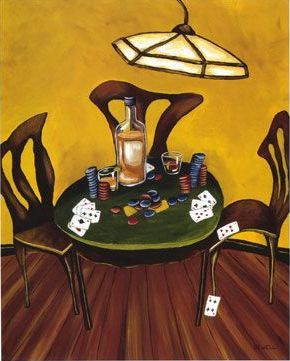
In his recent post, Sorel Mizzi talks about the dangers of being a delusional poker player. It��s with much regret that I just applied this strategy to my poker game.
��What is my biggest leak?�� I wondered.
The answer I found is:
- I play too many hands
- I play when I shouldn��t
Now I should know how to fix my bad habits.
The Soulution: Accountability
The reason we let ourselves derail is that nobody is there to hold us accountable. The value in having a personal trainer is that you have someone who forces you to go the gym. Tabulating is my portable trainer.
Even after a short sample of 300 hands, the evidence confirmed my suspicion �� I was playing way to loose to beat a tough nine-handed poker game. The embarrassment of realizing I play 30 percent of my hands inspired me to change. At the table, I wrote down how many hands I played, keeping track of four stats: limping, calling, raising, and reraising.
Next, I set an optimal goal, 20 percent. In order to reach it, I looked at a spreadsheet to see what hands fit in my acceptable playing range. I continue to tally to constantly adjust my optimal playing strategy.
The second problem �� playing when I shouldn��t �� is a bit tougher to quantify. To start, I asked myself a few questions and listed the answers:
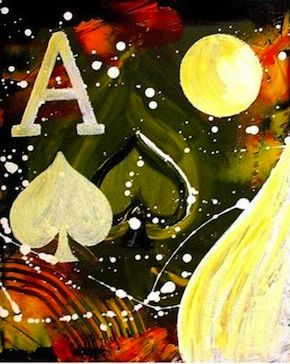
When do I play well?
- When I��m rested
- When I eat healthy
- When I workout
- When I don��t feel like I have anything else to do
- When I��m comfortable with the money
- When I��m winning
When do I play poorly?
- When I��m tired
- When I don��t workout
- When I��m stressed
- When I��m losing
- If the game is too big
- When my mind is elsewhere
It��s no surprise that the two are exact mirrors of each other. After this exercise I made a rule. If any two of these conditions are met, I don��t play. No exceptions. I am willing to forgo some potential EV in order to lower variance and keep a healthy mental state. I had to remind myself, while gambling may be about maximizing expectation, life is about maximizing happiness.
Because the circumstances of a game change frequently, and it��s hard to be objective while playing. Every hour I pull out the notes and recheck the list. I don��t have to wait until I��m stuck and tired to quit. The symptoms always precede the illness.
Sometimes, just knowing the information is not enough. For further accountability, I show this exercise to a friend. The ridicule of my well respected peers, particularly those whom I strive to impress, compels me to play my best.
To win we don��t always have to the best at playing poker, but rather the best poker player. Rafael Nadal, by his own admission, has less talent than Roger Federer. But, through hard work, perseverance and mental control, he has been able to overcome the gap in talent. In poker there are too many gifted players who are broke. Like tennis, it��s not about who does the most great plays, but who makes the least mistakes.
For all my blogs and content, visit www.alectorelli.com. Your feedback is important to me. Feel free to share your thoughts, ask me questions or leave a comment. Follow me on Twitter at @AlecTorelli. For other matters you can email me at [email protected].
Follow PokerNews on Twitter for up-to-the-minute news.
*Lead photo, "Hawaiian Hold 'Em" by Tom "Thor" Thordarson

